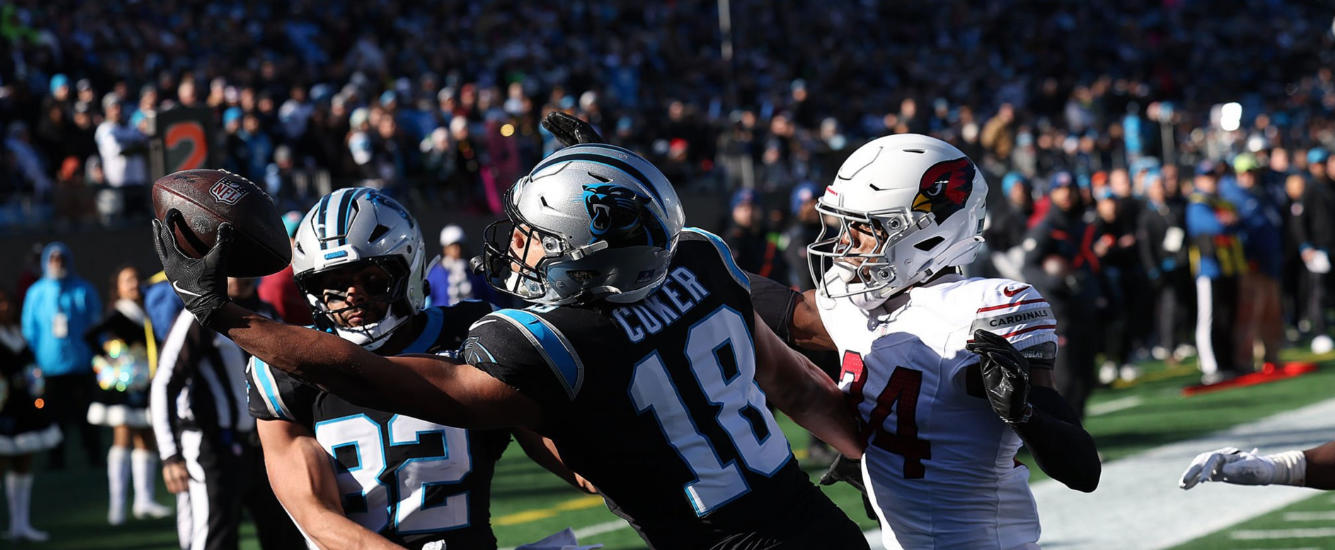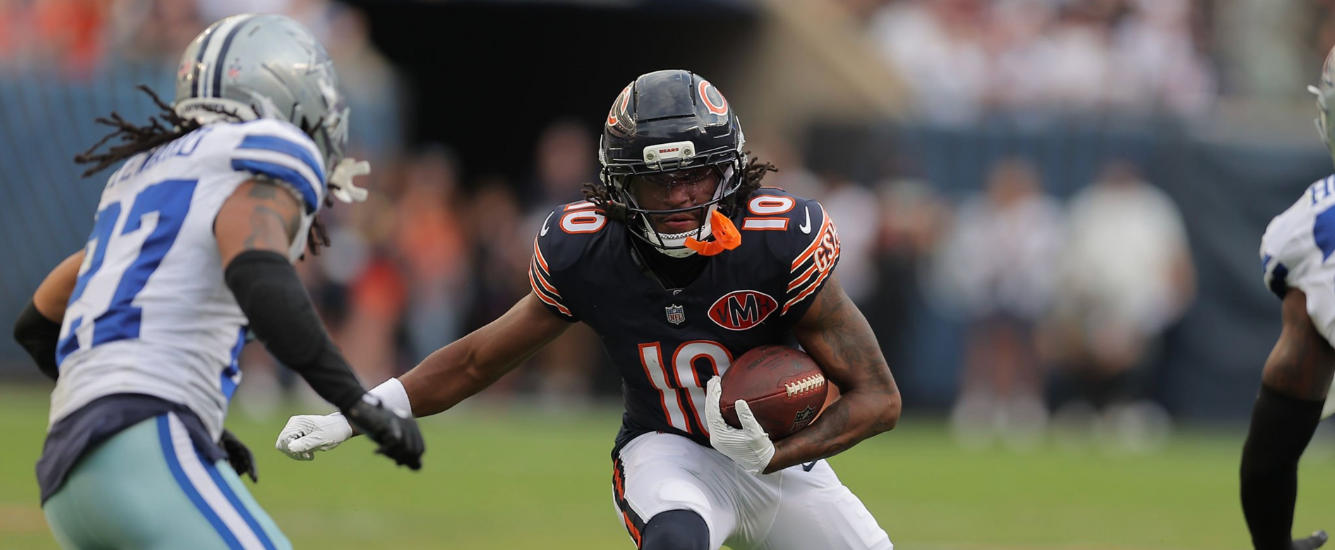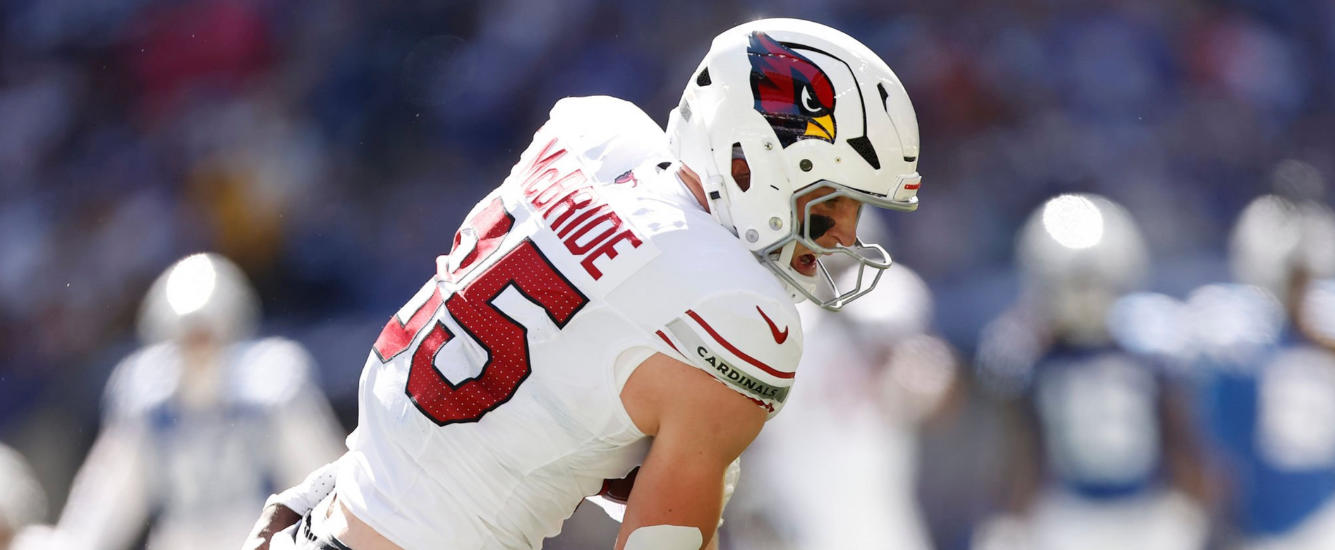Knowing when to react and when not to is crucial in fantasy football. It’s important to distinguish what is truly significant and what is not. This article aims to clarify what requires our full attention and what can be disregarded. FIVE THINGS THAT MATTER THE THURSDAY NIGHT MASSACRE How could we not begin here? Joe Burrow is out for the year; Mark Andrews is potentially...
- 2026 Rookie Guide
- Monday Review
- Tools
FANTASY FOOTBALL Tools
In-Season
NOTE: Our tools will be updated each week as soon as data from our stats provider is available. Generally, data from Sunday’s games will be available early Tuesday afternoon. For an immediate look at the games from the previous weekend, please check out our Monday Review tool which includes a collection of preliminary stats.
- All NFL
- Best Ball
- Dynasty
- Weekly GLSP
- Rankings
5 Things that Matter from Week 11, and Five Things that (Probably) Don’t

Please subscribe For Full Access to all RotoViz content and tools!
What’s included in your subscription??
- Exclusive Access to RotoViz Study Hall
- A treasure trove of our most insightful articles that will teach you the metrics that matter, time-tested winning strategies, the approaches that will give you an edge, and teach you how to be an effective fantasy manager.
- Revolutionary Tools
- Including the NFL Stat Explorer, Weekly GLSP Projections, NCAA Prospect Box Score Scout, Combine Explorer, Range of Outcomes App, DFS Lineup Optimizer, Best Ball Suite,and many, many, more.
- Groundbreaking Articles
- RotoViz is home of the original Zero-RB article and continues to push fantasy gamers forward as the go-to destination for evidence-based analysis and strategic advantages.
- Weekly Projections
- Built using RotoViz’s unique GLSP approach.
- Expert Rankings
- And a whole lot more…
Mat Irby
RotoViz contributor since 2023, fantasy player since 1991, and someone who occasionally dabbles in full-time film work when no one's looking - even on a thing or two you've seen. Atlanta is for sleeping, but Dallas will always be home.

Uncertainty in Cleveland: Quinshon Judkins’ Arrest and the Fantasy Fallout
Mat Irby
July 16, 2025
Quinshon Judkins’ off-field issues bring a cloud of uncertainty over the Browns’ backfield. Is there an opportunity for a backup option to have an impact, or is the situation still too murky for fantasy managers to invest? Mat Irby ventures into the fog to provide some clarity for both dynasty and redraft approaches to the Cleveland running back room. At 9 a.m. on Saturday, July…...

A Sensible Man’s Guide to Buying a Yacht, Part 2: Make a Customer, Not Just a Sale
Mat Irby
July 11, 2025
So, yeah. I was in the office in the 48-foot trailer (movie biz thing, hard to explain) in the middle of a lightning delay while working on a pilot for a Netflix reboot of A Different World. I paused, flicking my flip-up sunglasses upward with the back of my forefinger. No doubt, I had a glazed look in my eye, hair disheveled, reaching for and slamming…...

A Sensible Man’s Guide to Buying a Yacht, Part 1: How Going All-In Can Still Be Done in the Permanent Championship Window
Mat Irby
July 8, 2025
Of all the fantasy formats, dynasty is my favorite. It scratches a deep, childlike itch — the joy of building something all your own, like Legos or friendship bracelets or a glorious, slightly disturbing Potato Head chimera made from the mismatched limbs of various members of the Potato Head family. I’ve always loved accessorizing this impulse to create with the dramatics and ornaments of football…....
Uncertainty in Cleveland: Quinshon Judkins’ Arrest and the Fantasy Fallout
Mat Irby
July 16, 2025
Quinshon Judkins’ off-field issues bring a cloud of uncertainty over the Browns’ backfield. Is there an opportunity for a backup option to have an impact, or is the situation still too murky for fantasy managers to invest? Mat Irby ventures into the fog to provide some clarity for both dynasty and redraft approaches to the Cleveland running back room. At 9 a.m. on Saturday, July…...
A Sensible Man’s Guide to Buying a Yacht, Part 2: Make a Customer, Not Just a Sale
Mat Irby
July 11, 2025
So, yeah. I was in the office in the 48-foot trailer (movie biz thing, hard to explain) in the middle of a lightning delay while working on a pilot for a Netflix reboot of A Different World. I paused, flicking my flip-up sunglasses upward with the back of my forefinger. No doubt, I had a glazed look in my eye, hair disheveled, reaching for and slamming…...
A Sensible Man’s Guide to Buying a Yacht, Part 1: How Going All-In Can Still Be Done in the Permanent Championship Window
Mat Irby
July 8, 2025
Of all the fantasy formats, dynasty is my favorite. It scratches a deep, childlike itch — the joy of building something all your own, like Legos or friendship bracelets or a glorious, slightly disturbing Potato Head chimera made from the mismatched limbs of various members of the Potato Head family. I’ve always loved accessorizing this impulse to create with the dramatics and ornaments of football…....
Analysis
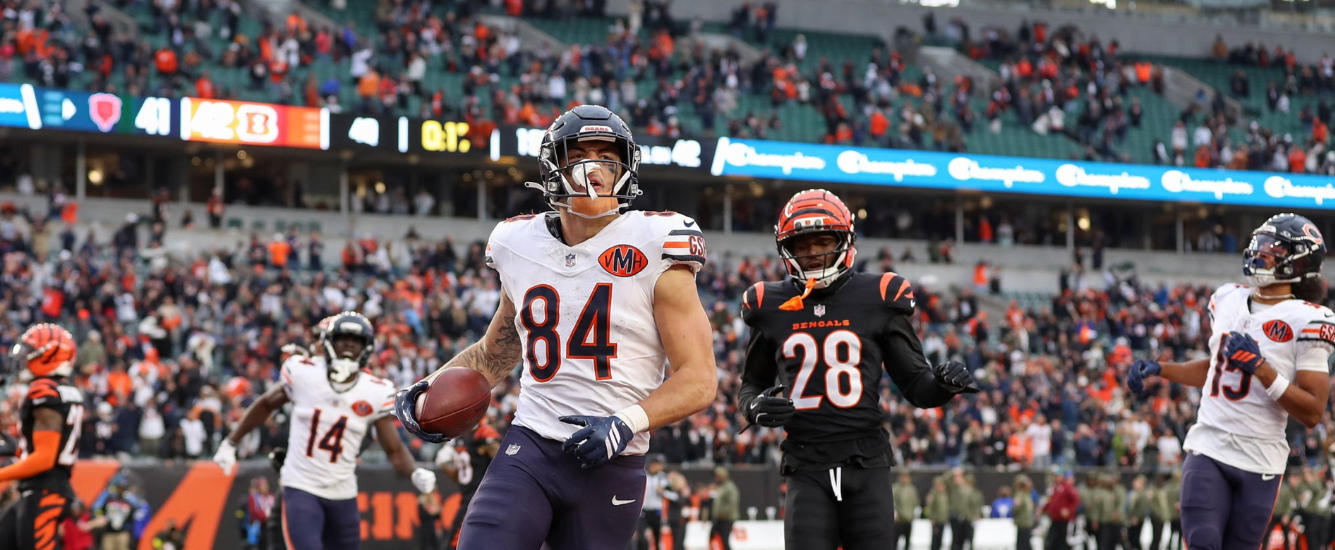
The RotoViz Week in Review: When One Season Ends, Another One Begins
Kevin Szafraniec
January 11, 2026
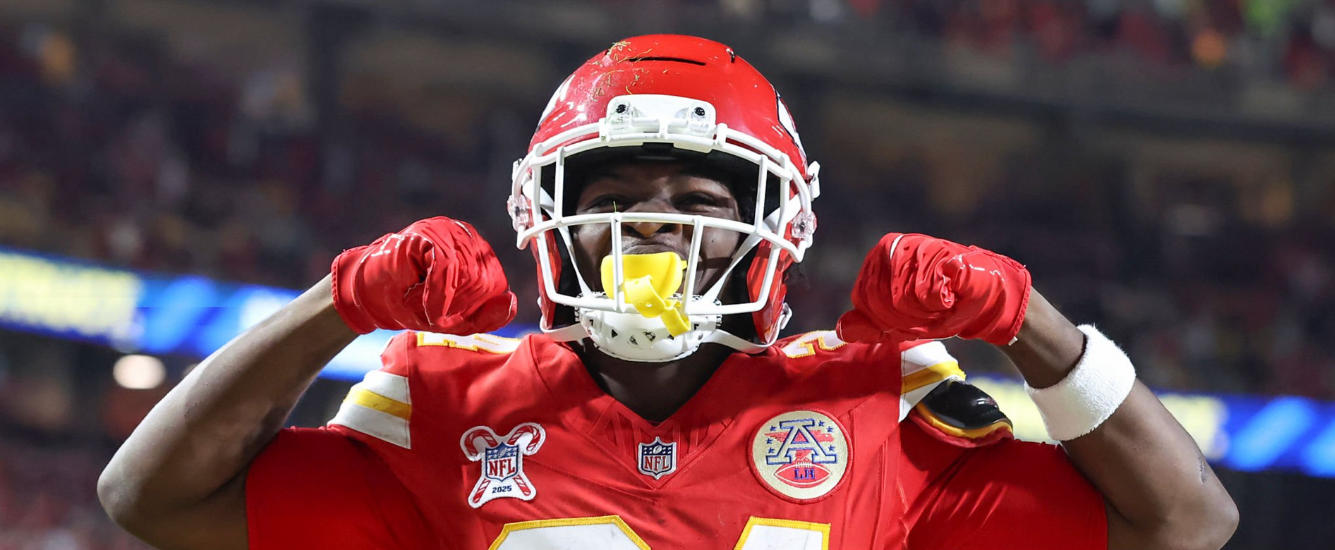
Week 18 Running Back Advanced Stats: Brashard Smith and Jaydon Blue Appear
Corbin Young
January 10, 2026
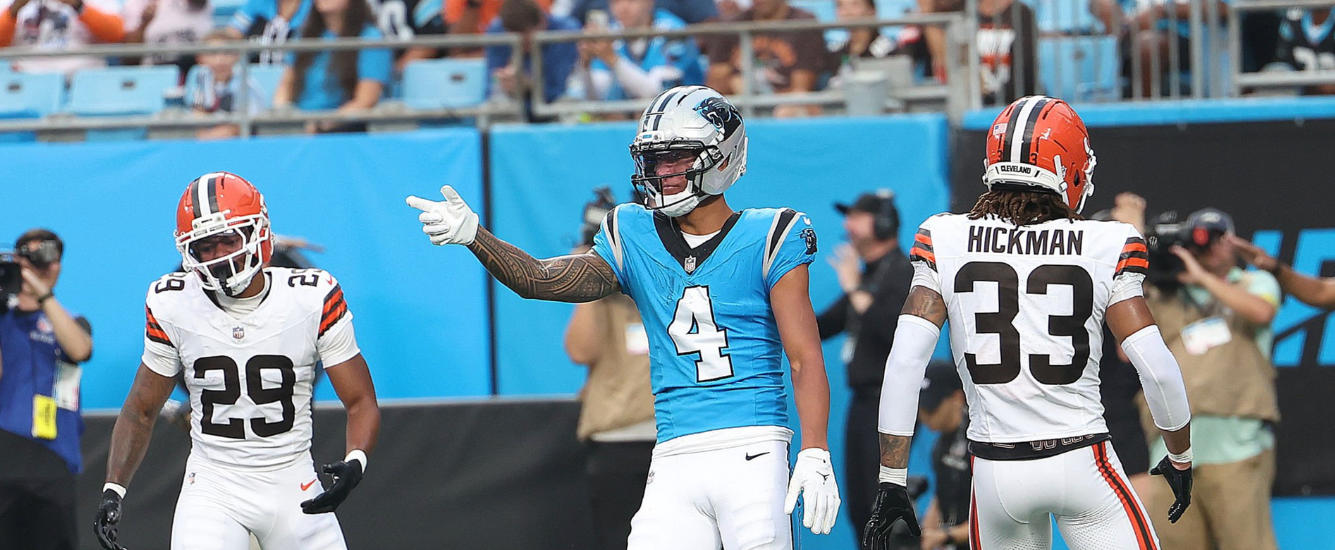
Projections, Strategies, and Lineups for the FFPC Playoff Challenge: The Wrong Read, Playoff Edition
Blair Andrews
January 10, 2026
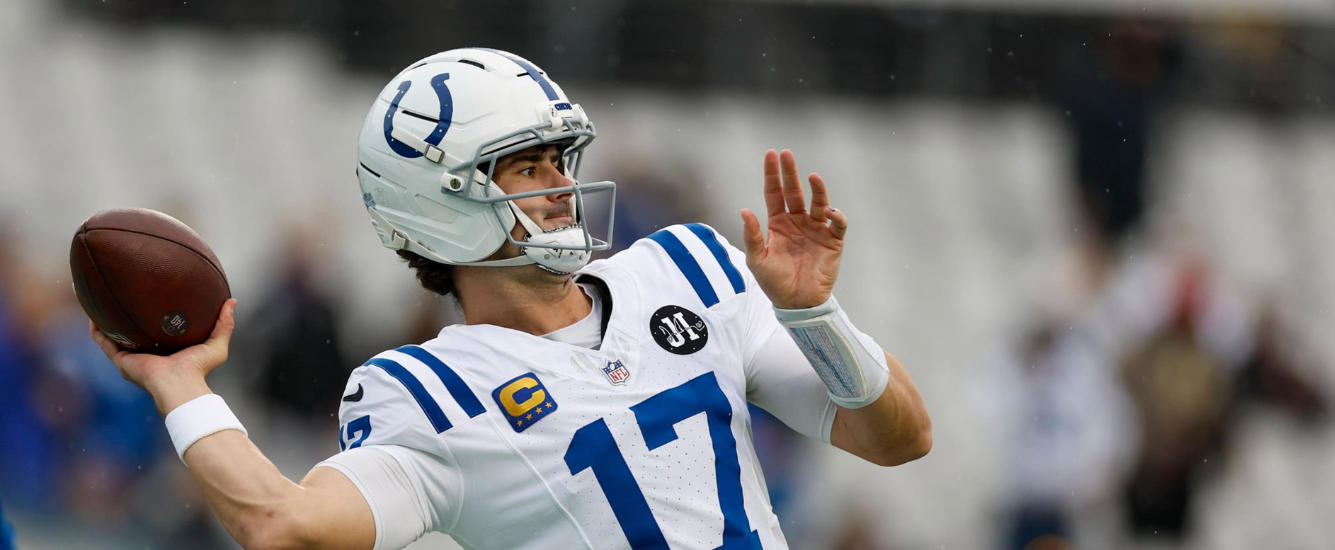
2026 Quarterback Free Agency Preview: Desperate Times Call For Desperate Measures
Kevin Szafraniec
January 9, 2026
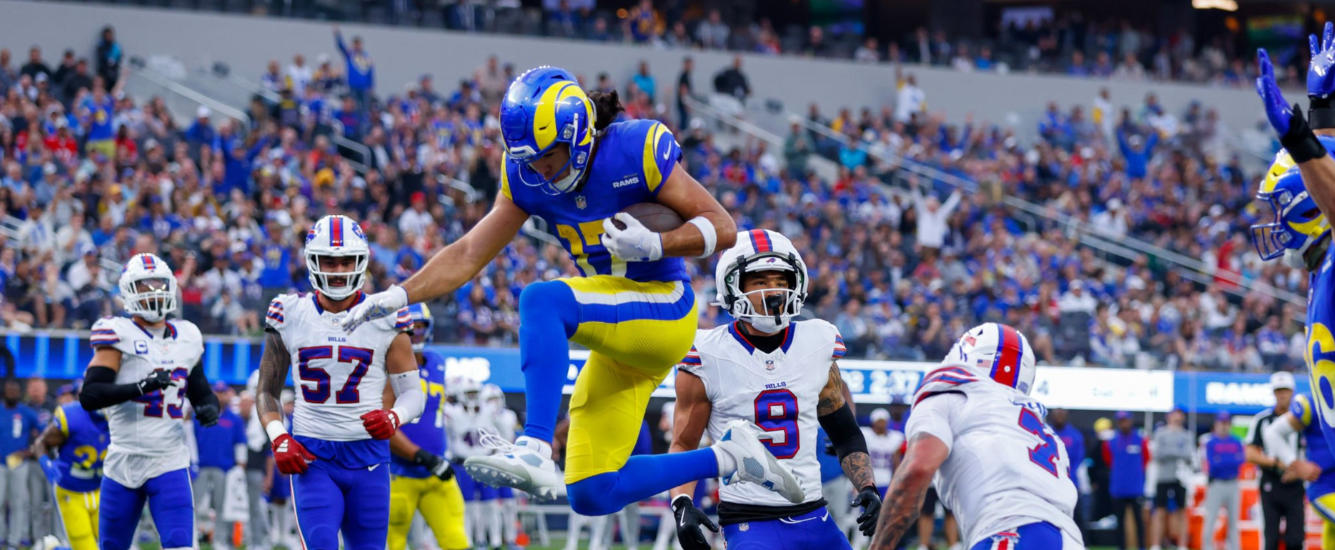
The Banana Stand: 7 Contrarian Options to Win $500,000 in the FFPC Playoff Contest
Shawn Siegele
January 8, 2026

Week 18 Monday Review: 16 Actionable Insights From Fantasy’s Forgotten Week
Kevin Szafraniec
January 5, 2026

The RotoViz Week in Review: Keep an Eye On This First-Year RotoViz Riser
Kevin Szafraniec
January 4, 2026
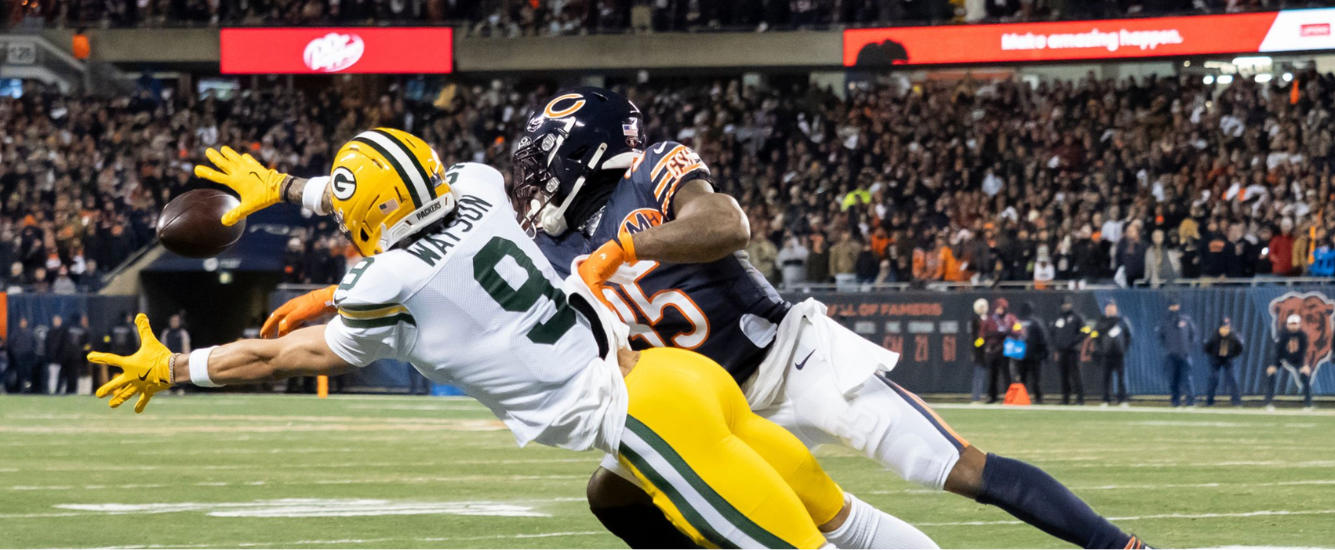
Week 17 WR Advanced Stats: Has Christian Watson Established Himself as Green Bay’s Alpha WR?
Kevin Szafraniec
January 3, 2026
Related Articles
In-Season Articles
In-Season Articles

The RotoViz Week in Review: When One Season Ends, Another One Begins
Kevin Szafraniec
January 11, 2026

Week 18 Running Back Advanced Stats: Brashard Smith and Jaydon Blue Appear
Corbin Young
January 10, 2026

Projections, Strategies, and Lineups for the FFPC Playoff Challenge: The Wrong Read, Playoff Edition
Blair Andrews
January 10, 2026

2026 Quarterback Free Agency Preview: Desperate Times Call For Desperate Measures
Kevin Szafraniec
January 9, 2026

The Banana Stand: 7 Contrarian Options to Win $500,000 in the FFPC Playoff Contest
Shawn Siegele
January 8, 2026

Week 18 Monday Review: 16 Actionable Insights From Fantasy’s Forgotten Week
Kevin Szafraniec
January 5, 2026

The RotoViz Week in Review: Keep an Eye On This First-Year RotoViz Riser
Kevin Szafraniec
January 4, 2026

Week 17 WR Advanced Stats: Has Christian Watson Established Himself as Green Bay’s Alpha WR?
Kevin Szafraniec
January 3, 2026
Related Articles

The RotoViz Week in Review: When One Season Ends, Another One Begins
Kevin Szafraniec
January 11, 2026

Week 18 Running Back Advanced Stats: Brashard Smith and Jaydon Blue Appear
Corbin Young
January 10, 2026

Projections, Strategies, and Lineups for the FFPC Playoff Challenge: The Wrong Read, Playoff Edition
Blair Andrews
January 10, 2026

2026 Quarterback Free Agency Preview: Desperate Times Call For Desperate Measures
Kevin Szafraniec
January 9, 2026

The Banana Stand: 7 Contrarian Options to Win $500,000 in the FFPC Playoff Contest
Shawn Siegele
January 8, 2026

Week 18 Monday Review: 16 Actionable Insights From Fantasy’s Forgotten Week
Kevin Szafraniec
January 5, 2026

The RotoViz Week in Review: Keep an Eye On This First-Year RotoViz Riser
Kevin Szafraniec
January 4, 2026

Week 17 WR Advanced Stats: Has Christian Watson Established Himself as Green Bay’s Alpha WR?
Kevin Szafraniec
January 3, 2026
The Blitz

About

Sign-up today for our free Premium Email subscription!
Data provided by
© 2021 RotoViz. All rights Reserved.

